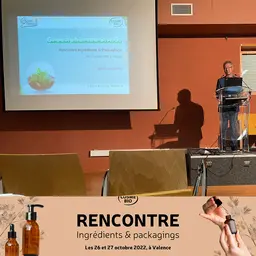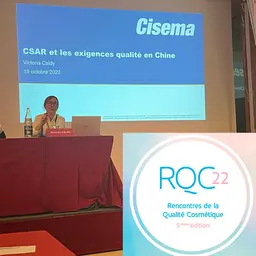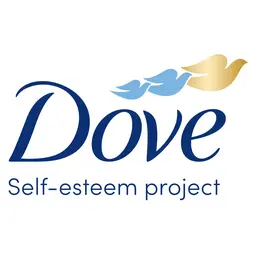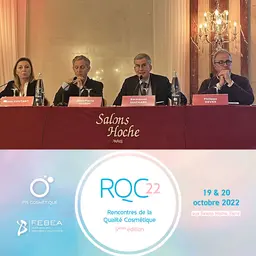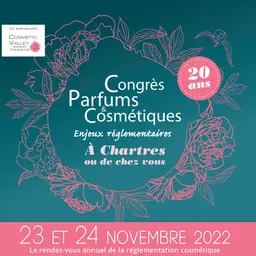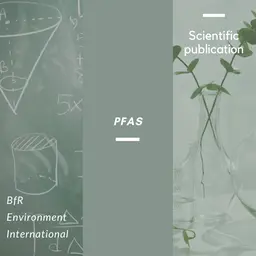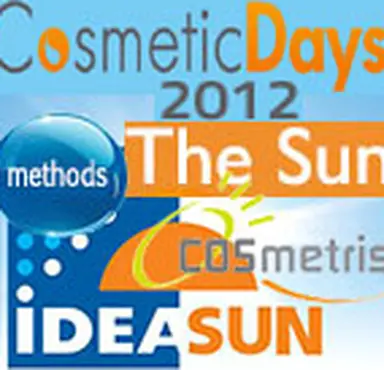
Assessing the protection index of a sunscreen is essential, be it to display on the label the right SPF, or to comply with the one-to-three ratio required by the European regulation between anti-UVA and anti-UVB protections. What are the methods to use, then? In fact, several are available, and all are not worldwide recognized as applicable. Deciphering, explanations and … instructions for use.
A report of the lecture by Christophe Courbière, Clinical Efficiency Manager in IDEA (specialized in cosmetic products evaluation), and Scientific Director in Cosmetris (specialized in performing in vitro tests to assess the efficiency of sunscreens), given during the Cosmetic Days organized by Cosmed on 6 and 7 December 2012.
As a preamble, let us remind you of the main methods to assess the protection factor.
In vivo
The protection factor is the ratio of the UV doses needed to get an "a minima" biological response:
•
On the skin protected by the product under test (p), on the one hand,
•
on unprotected skin (up), on the other hand.
To determine the Sun Factor Protection (SPF):
•
The biological response, induced by UVB and short UVA radiations, is the erythema.
•
The measured parameter is the Minimal Erythema Dose (MED).
•
The protection factor comes as the ratio: MEDp/MEDup.
To determine the UVA protection factor (UVA-PF):
•
The biological response, induced by the full UVA spectrum, is the Persistent Permanent Darkening (PPD).
•
The measured parameter is the Minimal PPD Dose (MPPDD).
•
The protection factor comes as the ratio: MPPDDp/MPPDDup.
In both cases, the descriptive statistics methods are applicable: …


